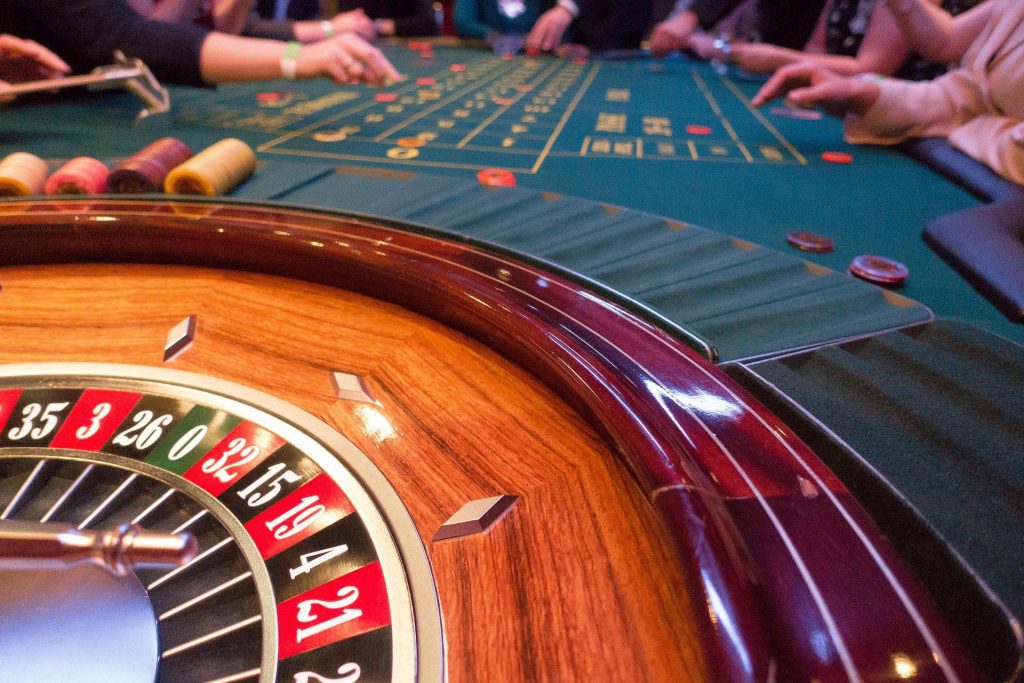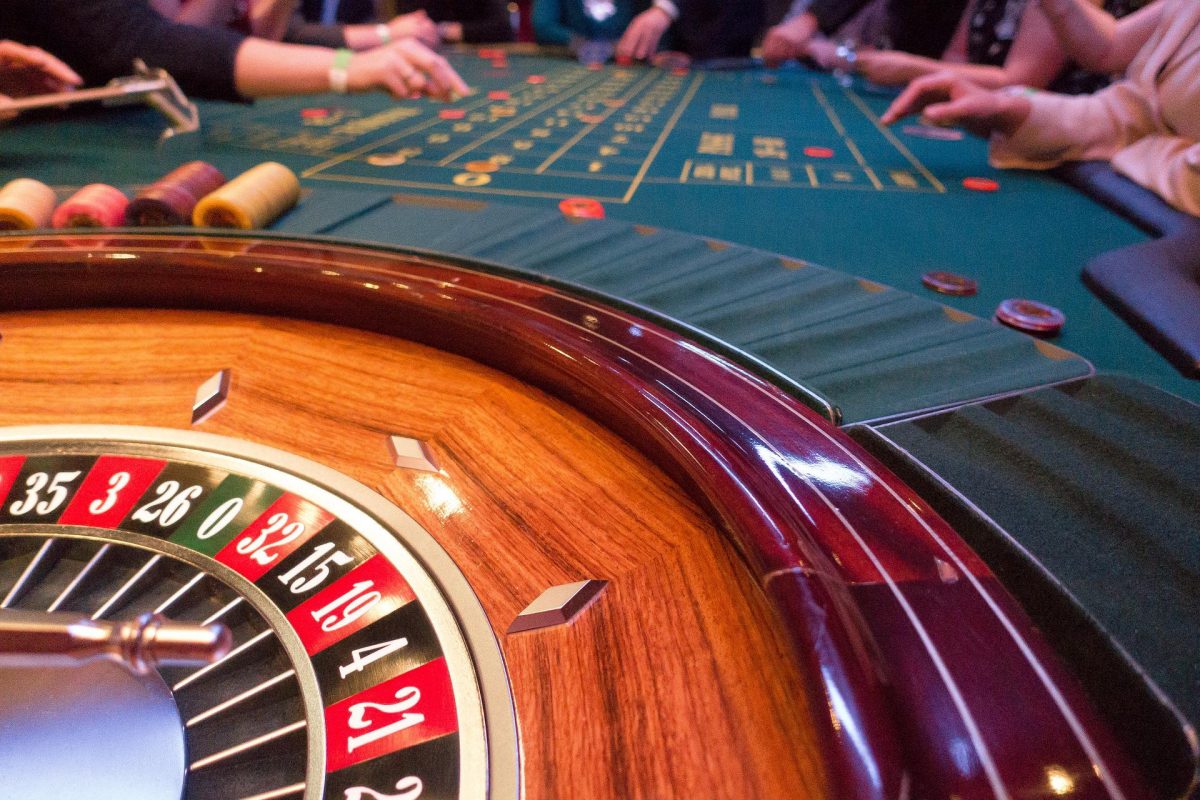
The Thai Cabinet on Monday approved the draft “Entertainment Complex Business Act,” a bill that could pave the way for legalization of casinos in Thailand.
The Office of the Council of State will now review the bill before Parliament considers it.
Thailand aims to capitalize on an economic opportunity long embraced by its neighbors: Cambodia, Singapore, the Philippines, Laos, and Myanmar all have large casino complexes.
A key part of the proposal includes a THB 5,000 ($144) entrance fee for Thai citizens, aimed at regulating local participation, slightly more than the SGD 150 ($110) paid by locals in Singapore.
According to earlier projections, the first casino in Thailand could come up by 2029, ahead of Japan’s projected timeline for a resort in Osaka. Five initial casino licenses would be issued, two of which will be granted for Bangkok, with one each for Pattaya, Chiang Mai, and Phuket.
Thailand’s economy has been heavily reliant on tourism, and the legalization of casinos is seen as a strategic move to boost this.
The idea draws heavily from Singapore’s model, where integrated resorts, including casinos, have become a cornerstone of the country’s tourism model.
Forecasts predict a 5% to 10% increase in foreign visitors and an estimated rise in tourism revenue by THB 120 billion ($3.5 billion) to THB 220 billion ($6.5 billion). According to Deputy Finance Minister Julapun Amornvivat, it would create between 9,000 and 15,000 new jobs.
What the Casino Bill Says
The proposed legislation introduces a framework for integrated resorts, with casinos as one component of much broader entertainment complexes. These complexes would include a variety of attractions, from hotels and malls to concert halls and amusement parks, similar to those seen in Singapore.
Under the new framework:
- Casinos must comprise no more than 5% of the total area of each complex.
- The license for operating entertainment complexes would be valid for 30 years. Each renewal period would run for up to 10 years.
- Operators would need to meet strict financial requirements, including a minimum paid-up capital of THB 10 billion ($288 million), and would face a comprehensive evaluation every five years.
- Applicants would pay an initial THB 4.9 billion ($141 million) per licence, along with annual fees of THB 1 billion ($28.7 million).
- The bill also proposes a 17% tax on gross gaming revenue.
Casino Operators On Thailand in Their Earnings Call
The world’s biggest casino operators are eyeing the Thai market. MGM Resorts, Wynn Resorts, Galaxy, and Las Vegas Sands have all expressed interest.
During the most recent earnings call, MGM Resorts’ CEO, William Joseph Hornbuckle, who had just returned from his third trip to Thailand, praised the country’s low cost of doing business. “We like what we hear to date in terms of tax. We like the investment ratios. Obviously, it’s a great place to build relatively cheaply as compared to other markets. So from an operating margin perspective, we love the opportunity it could bring,” he said.
Wynn Resorts CEO Craig Scott Billings said that the Thai market is appealing due to its established tourism infrastructure, strong service culture, and favorable operating expense structure.
In its latest earnings call, Galaxy Entertainment’s Chief Financial Officer, Ying Tat Chan, said that Thailand’s tourism sector, which contributes approximately 20% of the country’s GDP, is a major factor in the growing appeal of the casino market. He highlighted that legalizing casinos could serve as a catalyst for greater economic impact. “Integrated resorts could be the catalyst for Thailand to generate a better economic impact,” said Chan.
Las Vegas Sands has also shown strong interest in Thailand, with CEO Patrick Dumont calling the market “very interesting” and noting its robust tourism infrastructure and high-quality customer experience.
History of Gambling: Cultural and Political Hurdles
Once legalized, this would be a significant departure from Thailand’s long-standing stance on gambling.
Despite the optimism, the road to legalizing casinos has been long and fraught with opposition. Thailand’s Buddhist-majority population has traditionally viewed gambling as morally problematic, and each previous attempt to legalize casinos has been met with resistance from conservative groups.
However, the ruling party, backed by former Prime Minister Thaksin Shinawatra, the father of the current Prime Minister, is pushing forward with this proposal.
As Thailand moves forward, the government is also looking into legalizing online gambling. Digital Economy and Society (DES) Minister Prasert Jantararuangtong has confirmed that the government is working on decriminalizing online gambling, with an eye on making it a regulated and taxed industry.
Critics argue that the introduction of casinos could lead to a rise in problem gambling and other negative societal consequences.
To address these concerns, the government is emphasizing the importance of strong regulatory oversight and transparent practices. The Prime Minister stated that a well-regulated casino industry will not only curb illegal gambling but also help ensure public safety and generate crucial tax revenue.
Thai entertainment (gambling) complexes could yield approximately THB 187 billion ($5.14 billion) in annual revenue, equivalent to roughly 1% of Thailand’s GDP, Maybank Securities said in a report in April.

